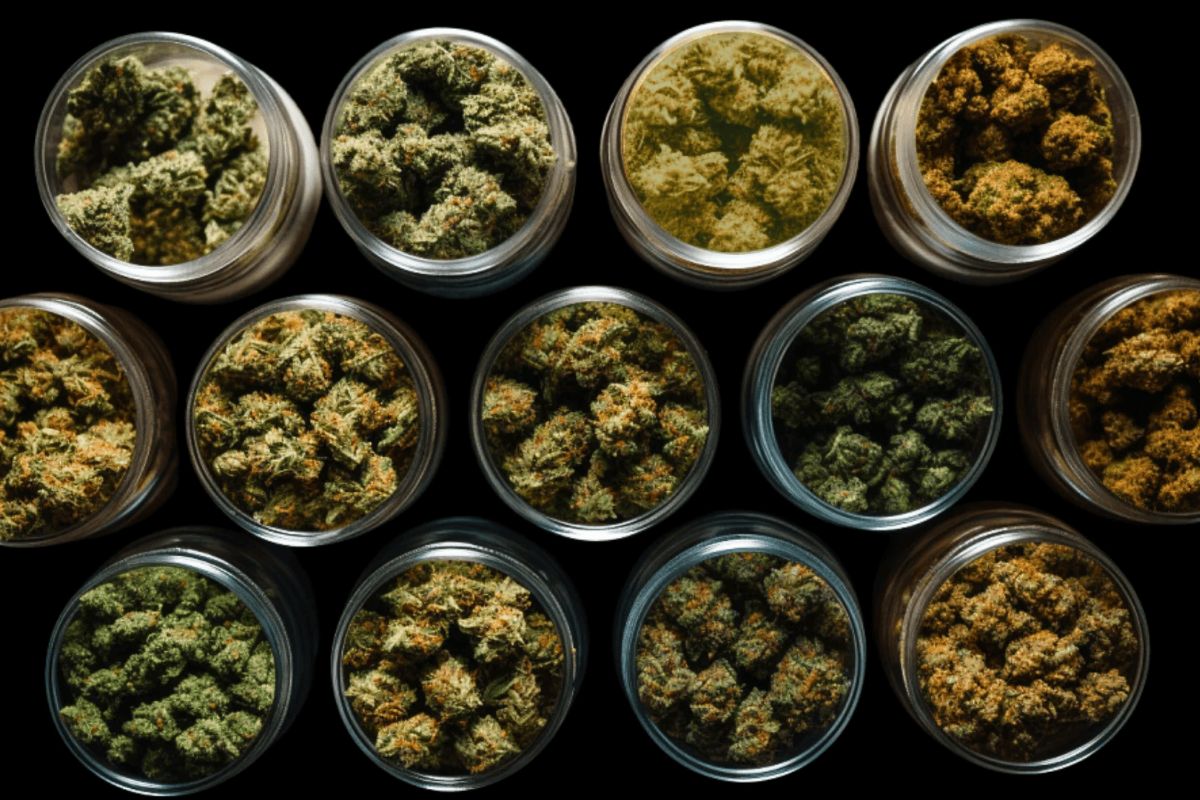
Addiction is a chronic, relapsing disease. According to the National Institute on Drug Abuse, people in recovery from addiction should expect to relapse at some point. However, there are things you can do to prevent relapse after leaving drug addiction treatment centers. Here are 10 tips:
1. Get involved in a 12-step program or sober support group.
AA and NA are two of the most popular drug rehab west palm beach. These groups provide peer support and accountability, which can help prevent relapse. Numerous online sober communities can provide support.
2. Find a sponsor.
A sponsor is someone who has been through the 12-step program and is willing to help you work through it. Having a sponsor can provide you with guidance and support when you’re feeling tempted to relapse.
3. Develop a support network.
In addition to a sponsor, it’s important to have other people you can rely on for support when you’re struggling with addiction. These people can be friends, family members, or fellow recovering addicts.
4. Make healthy lifestyle choices.
Eating healthy, exercising regularly, and getting enough sleep are all important for maintaining your sobriety. These healthy habits will help to reduce stress and anxiety, which can trigger a relapse.
5. Avoid triggers.
There are some individuals, places, and things that have the power to ignite a yearning for alcohol or drugs. It’s important to identify your triggers and avoid them if possible. If you can’t avoid them, make sure you have a plan in place for how to deal with them if they arise.
6. Be honest with yourself and others about your addiction and recovery process.
It’s important to be honest about your struggles with addiction and recovery so that you can get the support you need from others. Honesty will also help you to stay accountable and prevent relapse by keeping you tethered to your sobriety goals.
7. Identify your emotions and healthily deal with them.
It’s normal to feel a wide range of emotions when you’re in recovery from alcohol rehab in massachusetts, but it’s important to deal with them healthily rather than using drugs or alcohol as a coping mechanism. Talk about your feelings with your sponsor or therapist, journal about them, or find another outlet for expressing them constructively.
8. Learn to manage stress.
Stress is a common trigger for relapse, so it’s important to learn how to manage it healthily. Exercise, meditation, and deep breathing are all effective stress-management techniques.
9. Avoid high-risk situations.
Certain situations are more likely to lead to relapse than others. If you’re in a situation where drugs or alcohol are present, it’s best to leave. Other high-risk situations include being around people who are using drugs or alcohol, being in a place where you used drugs in the past, or feeling stressed or emotional.
10. Seek professional help if you feel like you’re struggling.
If you’re feeling like you’re struggling to stay sober, don’t hesitate to seek professional help. A therapist or counselor can provide you with the support and guidance you need to stay on track.
Benefits of Quitting
In addition to the tips above, it’s important to keep in mind the benefits of staying sober. These benefits can provide motivation when you’re struggling with temptation. Some of the benefits of sobriety include:
- Improved physical health
- Improved mental health
- Improved relationships
- Increased productivity
- Increased sense of well-being
- Improved finances
How to Choose a Treatment Facility
When you’re ready to get help for your addiction, it’s important to choose a treatment facility that’s right for you. Here are some things to keep in mind when making your decision:
1. Accreditation:
It’s important to make sure the treatment facility you choose is accredited by a reputable organization such as the Joint Commission. This accreditation signifies that the facility meets certain standards of quality.
2. Treatment Approach:
The treatment facility you choose should offer an evidence-based approach to treatment that’s tailored to your individual needs.
3. Location:
The location of the treatment facility can be important for many reasons. If you have young children, you may want to choose a facility that’s close to home so you can be involved in their care. If you have a job, you may want to choose a facility that’s close to work so you can continue to go to your job while in treatment.
4. Cost:
The cost of treatment can be a major consideration when choosing a facility. Make sure to find out what the cost of treatment will be before making your decision.
5. Insurance Coverage:
If you have health insurance, make sure to find out if the treatment facility you’re considering accepts your insurance. This can help to reduce the cost of treatment.
When to Seek Treatment
If you’re struggling with an addiction, it’s important to seek treatment as soon as possible. The longer you wait, the more difficult it will be to overcome your addiction. If you’re not sure whether you need treatment, consider talking to your doctor or a mental health professional. They can help you assess your situation and make a decision about whether treatment is right for you.
Treatment Options
There are a variety of treatment options available for those struggling with addiction. The type of treatment that’s right for you will depend on your individual needs. Some common types of treatment include:
1. Inpatient Treatment:
Inpatient treatment is a type of treatment in which you stay at a residential facility for some time. This type of treatment is often recommended for those who have a severe addiction or who have relapsed.
2. Outpatient Treatment:
Outpatient treatment is a type of treatment in which you live at home and travel to a treatment facility for therapy and counseling sessions. This type of treatment is often recommended for those who have a less severe addiction or who have a strong support system at home.
3. 12-Step Programs:
12-step programs are groups that help people recover from addiction. These programs use a step-by-step approach to recovery and emphasize the importance of admitting powerlessness over the addiction and surrendering to a higher power.
4. Cognitive Behavioral Therapy:
Cognitive behavioral therapy is a type of therapy that helps people change their thoughts and behaviors. This type of therapy can be effective in treating addiction.
Conclusion:
If you’re struggling with addiction, it’s important to seek treatment as soon as possible. There are a variety of treatment options available, so make sure to choose the one that’s right for you. Remember, the sooner you seek treatment, the better your chances of recovery.






